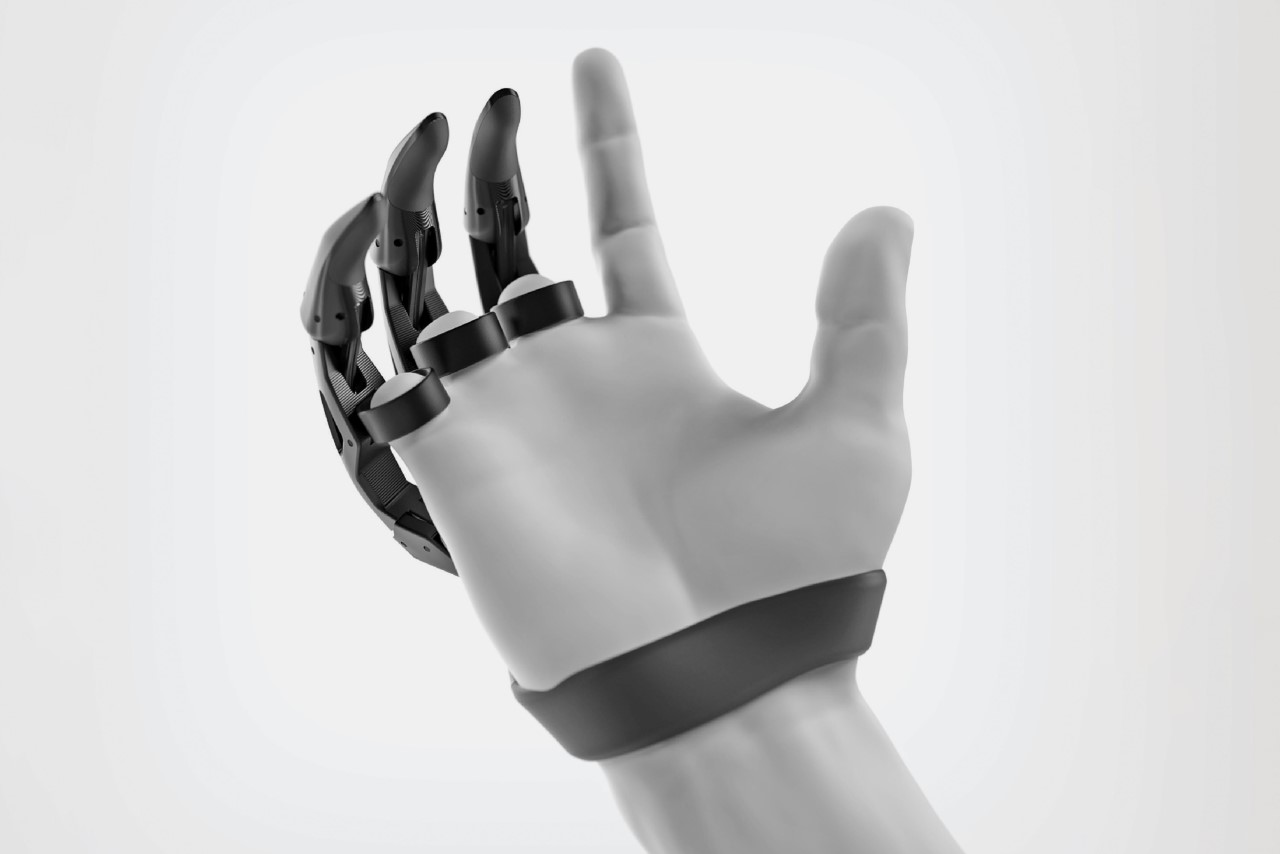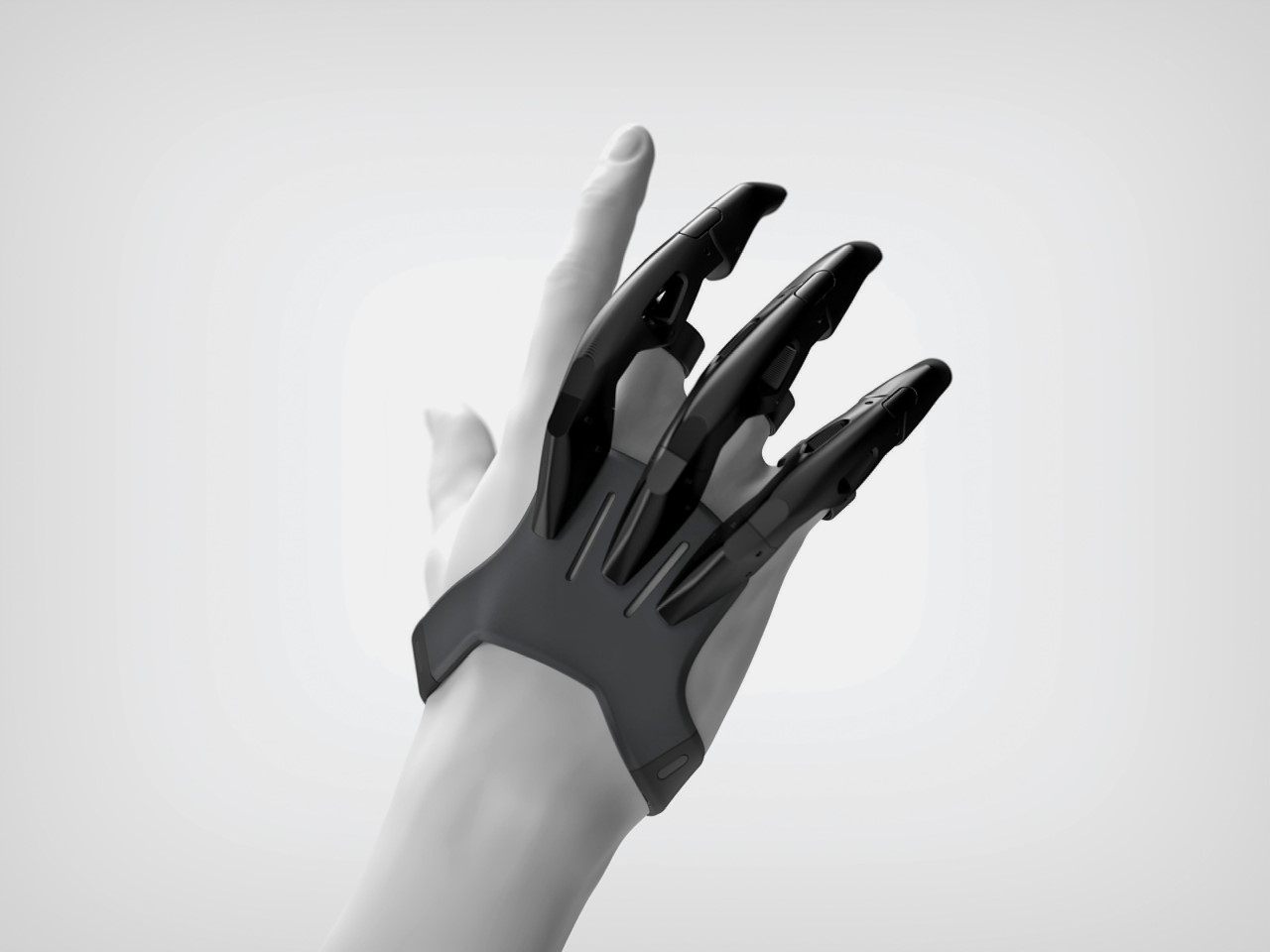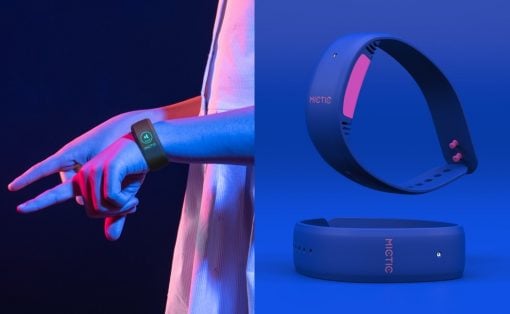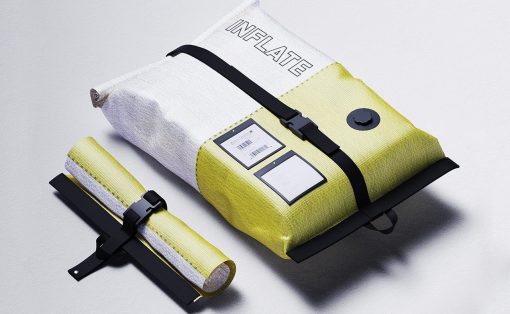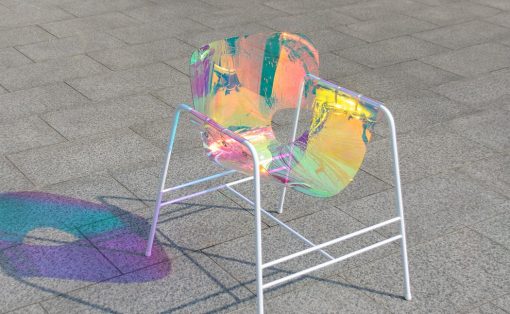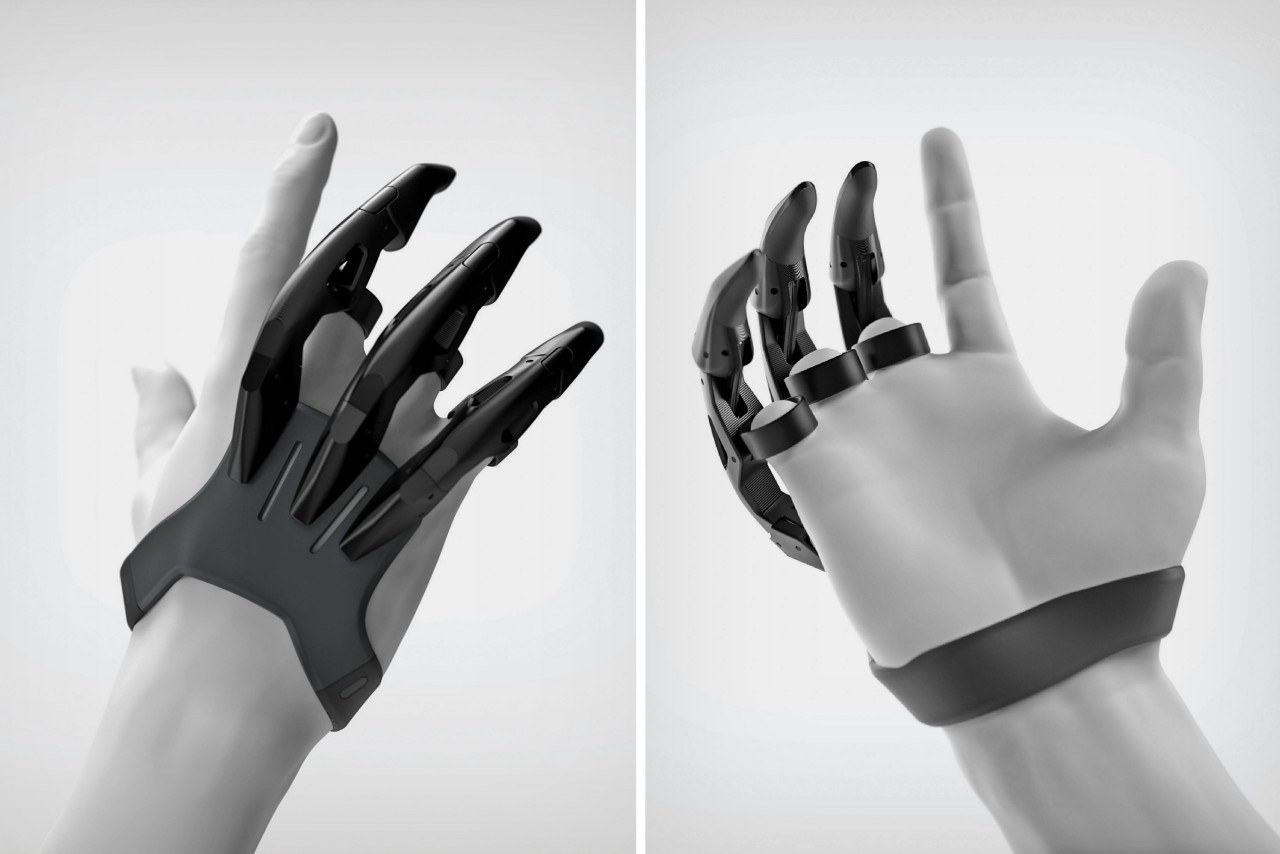
Securing the Luminary Winner award at this year’s Red Dot Award: Design Concept in Singapore, the Lunet makes a bold promise of restoring functionality and dexterity in the hands of amputees… without breaking the bank.
Built with a low-cost design that features parametric adjustment for different hand types, and 3D printing to bring down the cost of production, Lunet looks to deliver a more accessible future that doesn’t rely on expensive medical prosthetics. Under the right conditions, Lunet can easily be manufactured even in one’s home using desktop 3D printers and can be assembled without any fasteners or extra components. In doing so, Lunet doesn’t just restore its wearer’s fingers, it restores their lives back, giving them the ability to grip and maneuver objects while also being able to point and gesture just like most people would.
Designer: David Edquilang
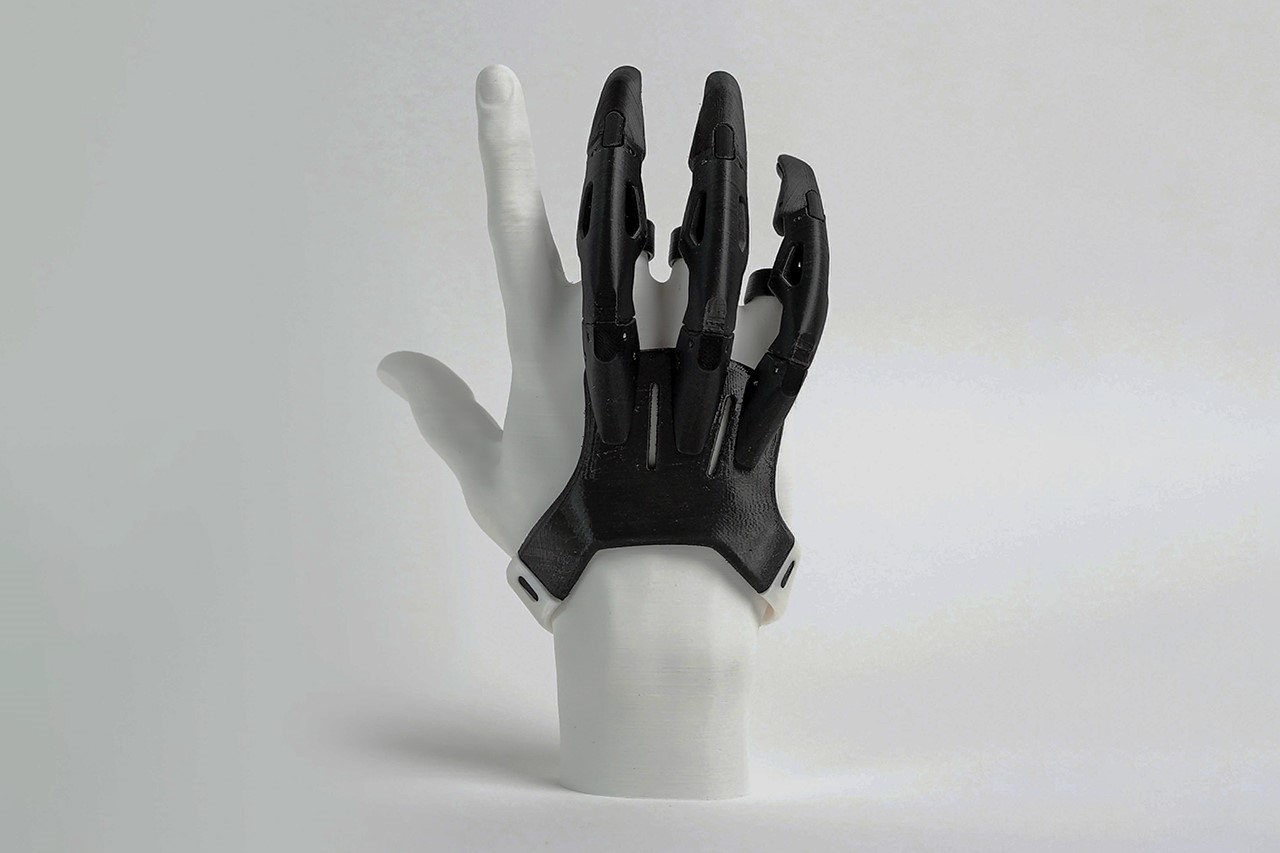
A 3D-printed prototype of the Lunet prosthetic
Lunet is a mechanical prosthetic that restores a degree of functionality for finger amputees by using 3D-printed appendages. The prosthetic is produced entirely through 3D printing, eliminating the need for a production line or industrial equipment. With the right 3D files, people can print, modify, and upgrade their own prosthetics for daily as well as situational use.
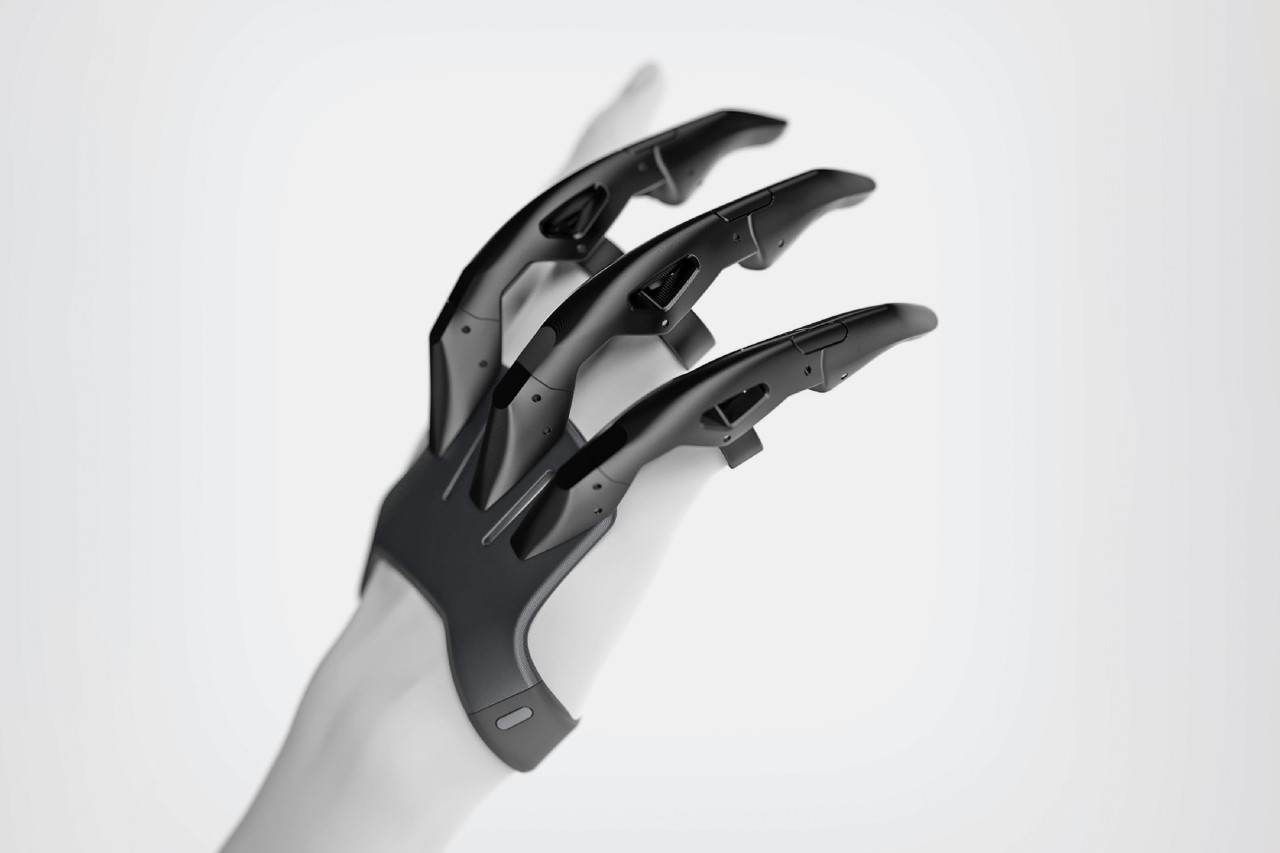
The prosthetic is made with a modular design and is crafted using parametric modeling, allowing for adjustments on the fly to suit a wide variety of hand types. The final model can be easily tweaked based on the ergonomics of the wearer, allowing for a custom-made solution that fits the user’s hands and needs perfectly. “Produced entirely through 3D printing, Lunet can be manufactured quickly at a low cost and personalized in CMF to the user’s stylistic preferences,” says David Edquilang, a design student at the University of Houston.
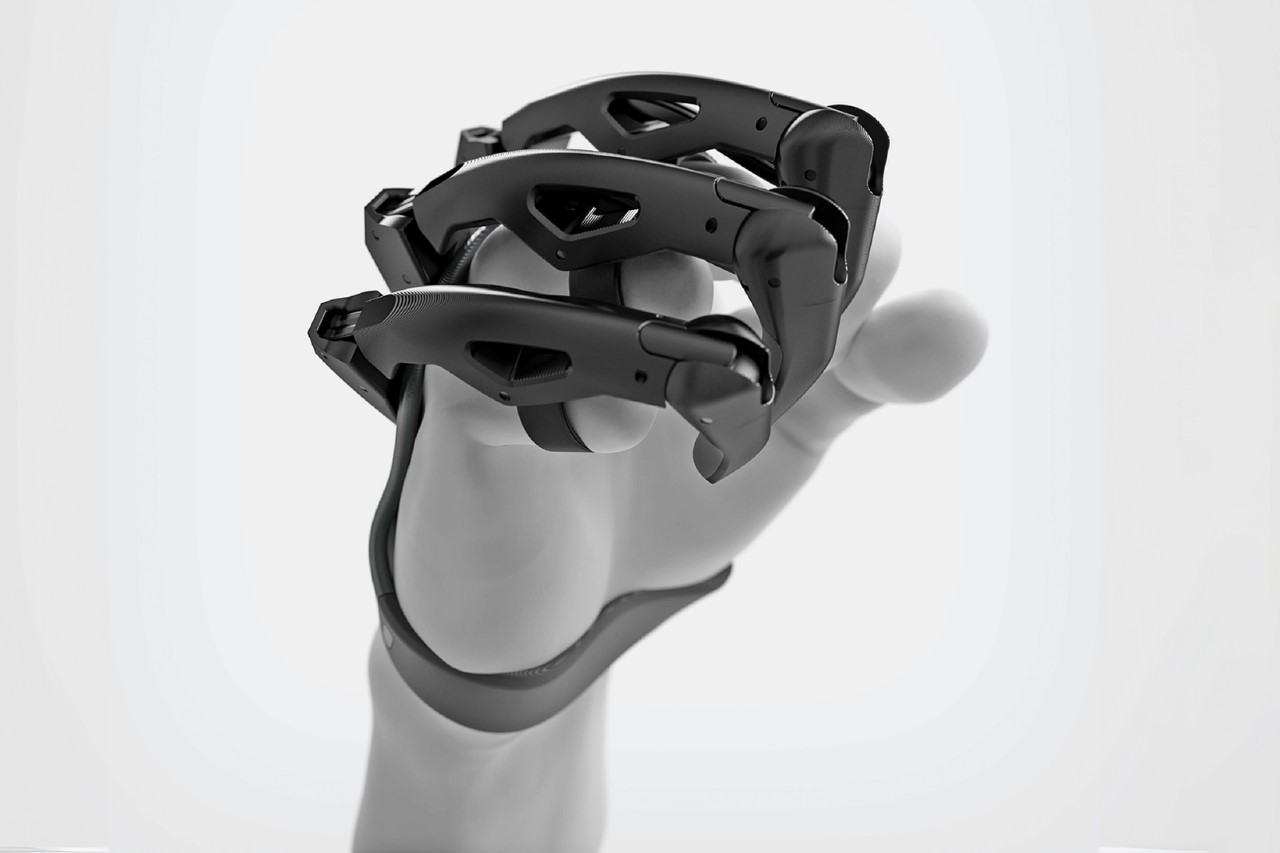
The prosthetic features mechanical linkages that can be controlled by flexing your hand. The fingers work by using a novel, robust linkage mechanism that mimics the motion and flexibility of real fingers. The entire design features components that snap together and require zero metal fasteners or fixtures. With the help of a unique mechanism, a user-friendly modular design, and the ever-expanding accessibility of desktop 3D printing, Lunet empowers individuals with finger amputations to restore the functionality of their missing fingers. Remarkably, this innovative solution costs less than 1% of the price of existing commercially sold finger prostheses.
“Lunet is not just a sci-fi looking concept, it’s real and it works; and will be released online to everyone completely for free as an open-source design. This way, Lunet can do the most good, helping as many people as possible,” David told Yanko Design, moments after being awarded the Luminary Winner of this year’s Red Dot Award. “I believe that good design should not be exclusive only to those that have enough money to afford it. Design is about solving problems, helping the fellow human.”
Click here to view the Best Of Best Winners from this year’s Red Dot Award: Design Concept.
